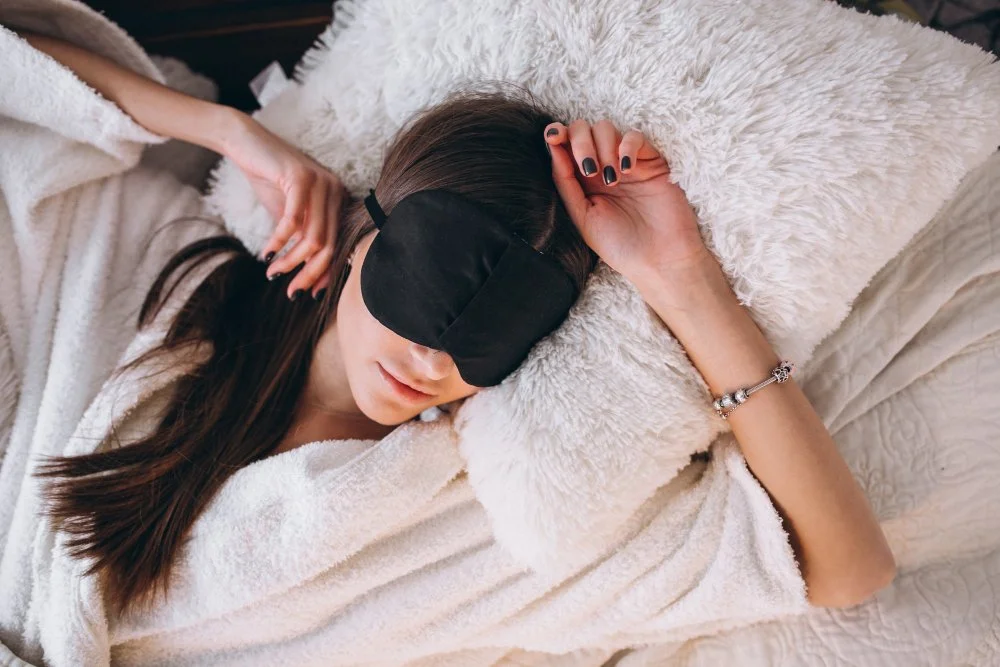Parasomnia: Exploring the World of Sleep Disorders
Do you ever experience unusual or unwanted behaviors while sleeping? These could be signs of parasomnia, a sleep disorder affecting millions worldwide. This article will explore what parasomnia is, its symptoms, causes, and treatment options. Read on before visiting any of those well-known sleep clinics in OKC.
What Is Parasomnia?
Parasomnia is a term used to describe a group of sleep disorders that cause abnormal behaviors, movements or experiences during sleep. These behaviors can range from mild to severe and affect a person's sleep quality and overall well-being.
Some common types of parasomnia include:
Sleepwalking
Nightmares
Sleep paralysis
Sleep talking
Night terrors
REM sleep behavior disorder
Symptoms of Parasomnia
The symptoms of parasomnia can vary depending on the type of sleep disorder a person is experiencing. However, according to specialists of sleep apnea treatment, some common symptoms of parasomnia include the following:
Abnormal movements during sleep
Talking or yelling while asleep
Confusion upon awakening
Feelings of fear or anxiety during sleep
Difficulty falling asleep or staying asleep
Daytime fatigue or sleepiness
Unveiling the Causes Before Your Visit to a Sleep Clinic
There is no one cause of parasomnia. However, certain factors may increase a person's risk of developing a parasomnia disorder. These factors include:
Genetics: Some sleep disorders are inherited and parasomnia can be one of them.
Stress: High-stress levels can lead to sleep disorders such as parasomnia.
Sleep deprivation: Lack of sleep can lead to sleep disorders such as parasomnia.
Medications: Some medications can affect sleep quality and lead to sleep disorders such as parasomnia.
Treatment for Parasomnia
If you suspect you have a parasomnia disorder, it is essential to visit the best sleep clinic or a healthcare professional who specializes in sleep disorders. They will be able to diagnose your condition and recommend appropriate sleep apnea treatment options.
Some common treatments for parasomnia include:
Medications: Certain medications can be prescribed to help manage parasomnia symptoms.
Cognitive-behavioral: This therapy helps individuals identify and change the behaviors contributing to their sleep disorder.
Sleep apnea treatment: In some cases, parasomnia can be a symptom of sleep apnea. Treating sleep apnea may also help alleviate the symptoms of parasomnia.
It is important to note that the treatment for parasomnia will depend on the type of parasomnia a person is experiencing. For example, sleepwalking may be treated differently than REM sleep behavior disorder. In addition to seeking treatment, some lifestyle changes can help improve parasomnia symptoms. These include:
Getting enough sleep: Aim to get at least 7-9 hours each night.
Creating a relaxing bedtime routine: It can include activities such as taking a warm bath or reading a book.
Avoiding caffeine and alcohol: Both caffeine and alcohol can disrupt sleep and exacerbate parasomnia symptoms.
Creating a comfortable sleep environment: This can include using comfortable bedding and keeping the bedroom dark and quiet.
Where to Get Your Treatment For?
If you are suffering from any of the symptoms discussed in this content, waste no time and visit Oklahoma Otolaryngology Associates, LLC. In Oklahoma, we have been providing sleep apnea treatment to the patients for decades. Call us and book your schedule right away!
**Disclaimer: The information on this page is not intended to be a doctor's advice, nor does it create any form of the patient-doctor relationship.

